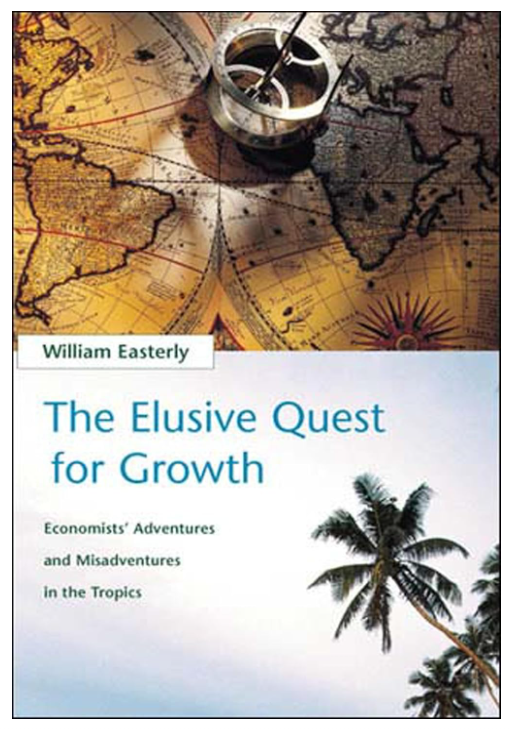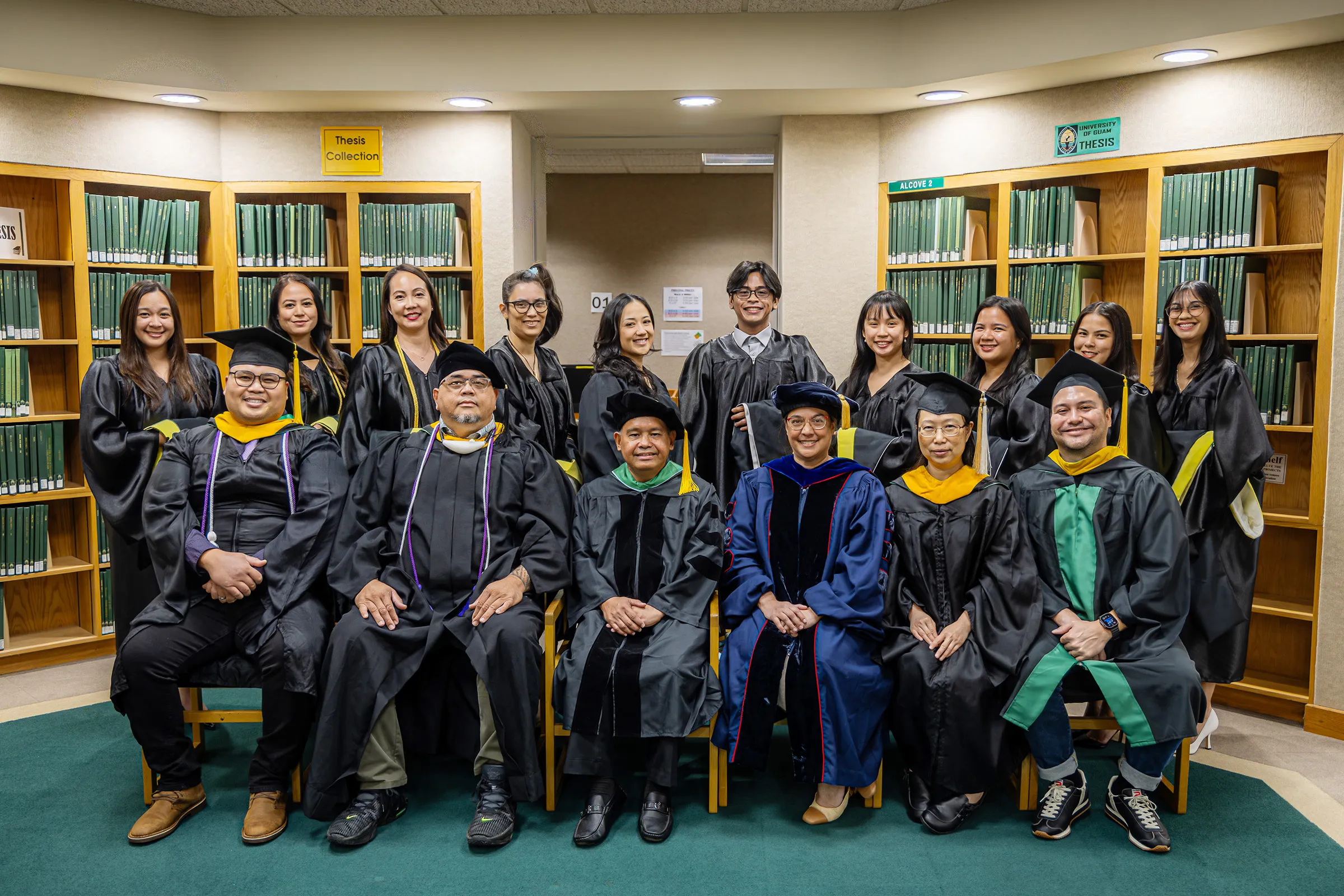
MANY smart individuals are drawn to public service because they believe they can “make a difference.” So they enter politics and run for office or serve on a government board or commission. Corollary to this assumption is the belief that the right people — experts — crafting and implementing the right policies or laws will, once and for all, address long-standing socio-economic issues.
This is not an original notion, however. As historical accounts attest, leaders and politicians around the world — and throughout the centuries — have dutifully listened to experts and enforced their expert advice. And yet here we are, still grappling with problems that, in one form or another, have bedeviled humanity since our cave-dwelling ancestors learned to turn stones into tools.
A perennial dream among our would-be saviors is a modern and planned economy overseen by talented economists under the guidance of pure hearted leaders with a profound faith in rationalism, science and data. The government “would be the guardian of wisdom and impartiality, with the [highly educated] elite managing the development process in order to ensure that it met the needs of the ‘nation’ and not of ‘special interests.’ ” (From “The Commanding Heights” by Daniel Yergin and Joseph Stanislaw.)
William Easterly, a professor of economics at New York University, is one of those experts hired by the World Bank to provide advice to developing countries so they can create more prosperous societies. In his excellent book published in 2001, “The Elusive Quest for Growth,” he said their goal was “to discover the means by which poor countries in the tropics could become rich like the rich countries in Europe and North America. Observing the sufferings of the poor and the comforts of the rich motivated us on our quest. If our ambitious quest were successful, it would be one of humankind’s great intellectual triumphs.”
“Like the ancient questors,” he added, “we economists have tried to find the precious object — the key that would enable the poor tropics to become rich. We thought we had found the elixir many different times….” This included foreign aid, machine investment, education, population control, official loans, and debt forgiveness.
But none — including education — has delivered as promised.
As someone who “devoted twenty-two out of the first twenty-eight years of my life to getting an education, I have a natural bias toward thinking education is important. So do many other well-educated experts,” Easterly wrote.
The conventional wisdom, he said, is that the education and training of men and women “contributes directly to economic growth through its effects on productivity, earnings, job mobility, entrepreneurial skills, and technological innovation.”
However, he added, “it may come as a surprise — as it did to me — to learn that the growth response to the dramatic educational expansion of the last four decades has been distinctly disappointing.”
Why?
“Having the government force you to go to school does not change your incentives to invest in the future. Creating people with high skill in countries where the only profitable activity is lobbying the government for favors is not a formula for success.” (My italics.)
Does that sound familiar?
Easterly asks rhetorically, Why does growth matter anyway?
“We experts don’t care about rising gross domestic product for its own sake. We care because it betters the lot of the poor and reduces the proportion of people who are poor. We care because richer people can eat more and buy more medicines for their babies.”
In the CNMI’s case, economic growth means better-paying jobs and more livelihood opportunities for local residents as well as more revenue for public health, education, public safety, utilities, government retirees, public works, preservation of local culture, and environmental protection.
Easterly, incidentally, also noted that “any negative effects of growth on the environment can be alleviated with wise environmental policies, like making polluters bear the costs of their deleterious effects on human welfare, and so we don’t actually have to stop economic growth to preserve the environment. This is a good thing, because stopping growth would be very bad news for the poor everywhere….” The deaths of about half a million children in 1990, he added, “would have been averted if Africa’s growth in the 1980s had been 1.5 percentage points higher.”
Poverty, in short, is “not just low GDP; it is dying babies, starving children, and oppression of women and the downtrodden.”
Easterly likewise cited research findings indicating that “on average, growth has been much more of a lifesaver to the poor than redistribution.” The problem with redistribution, in any case, is that eventually, we’ll run out of other people’s money to redistribute.
In one of his “intermezzos” between chapters, Easterly recounted the (exceedingly) hard life of Thomas — his great-great-great-great-great-great-grandfather — who emigrated from England to America in 1710 at the age of 15. “When those of us from rich countries look at poor countries today,” Easterly said, “we see our own past poverty. We are all the descendants of poverty. In the long run, we all come from the lower class.”
Send feedback to editor@mvariety.com










